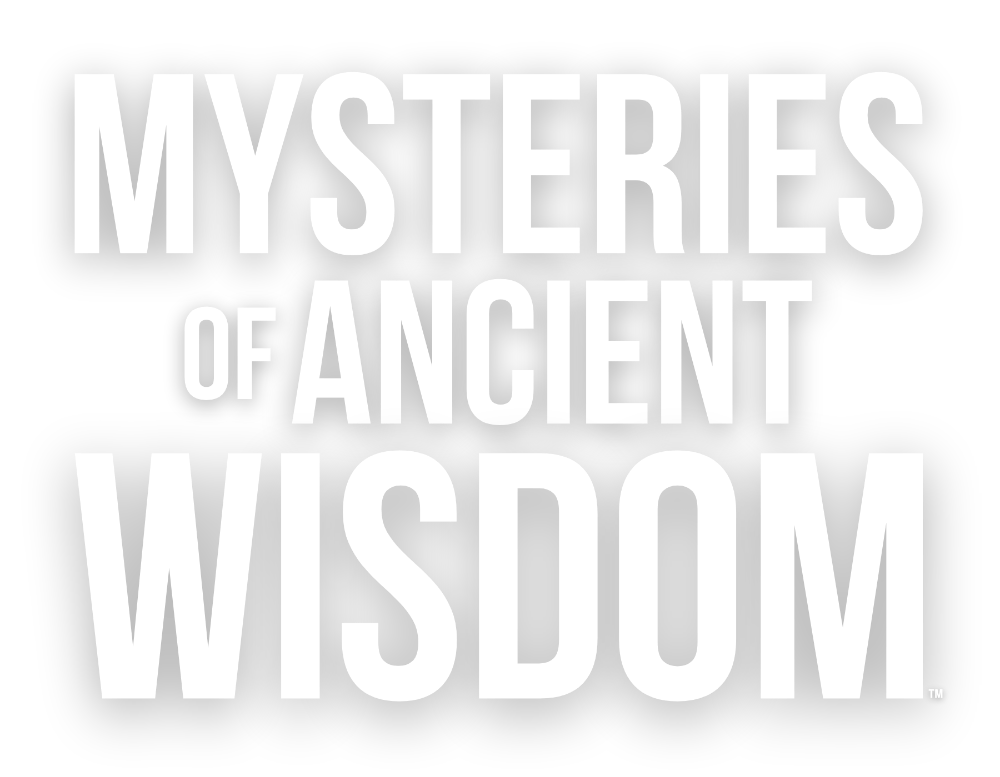
Fallen Angel Knowledge vs. Biblical Esotericism: Don’t Make This Mistake!
Apr 11, 2025There is a spiritual error we must confront in this generation: the confusion between true biblical esotericism and the counterfeit knowledge of the fallen angels. Acts 3:1–10 is often read as a simple healing story, but those with eyes to see recognize a much deeper pattern of spiritual ascent—one that exposes the danger of secret knowledge taught by the Watchers and reveals the pure power found only in the name of Jesus.
Peter and John go up together to the temple at the ninth hour, the hour of prayer (hōra - ὥρα, Strong’s G5610; proseuchē - προσευχή, G4335). This moment is not just a scheduled religious activity—it represents a divine window. In Hebraic thought, the ninth hour corresponds with the evening sacrifice, but in esoteric terms, nine signifies consciousness, the fullness of a cycle, the moment when awareness touches Spirit. This is where heaven initiates contact with those who are prepared. Communion with God is never about clock time—it’s about kairos, the right moment in the Spirit. The lame man was positioned outside the temple, laid daily at the gate called Beautiful—a name which in Greek is hōraios (ὡραῖος, G5611), not merely “pretty,” but “belonging to the right season” or “ripe.” In other words, the gate wasn’t just beautiful—it was timely. Prophetic. It was the interface between the natural and the supernatural.
But notice what happens: the man, lame from birth, was always in proximity to the holy place, but never entered in. This is a picture of many who are near the sacred but not yet transformed. He looked on Peter and John expecting to receive alms—eleēmosynē (ἐλεημοσύνη, G1654)—gifts of compassion, something physical. This expectation is key: he looked for material aid, not realizing that heaven had appointed that hour for something far more powerful.
Peter’s words are a sword cutting through false dependency: “Silver and gold have I none; but such as I have give I thee: In the name (onoma - ὄνομα, G3686) of Jesus Christ of Nazareth rise up and walk.” Onoma here doesn’t just mean “label”—it implies authority, character, essence, and divine representation. The name of Jesus is not a magical incantation. It is a supernatural trust—a vessel of the presence of Christ Himself. This is biblical esotericism: the unveiling of hidden truths given by the Spirit, never taught by sorcery, never grasped through rebellion.
Contrast this with the teachings of the Watchers, the fallen angels described in Genesis 6 and 1 Enoch. These beings descended and corrupted mankind by giving access to forbidden knowledge: root-cutting (pharmacology and herbal sorcery), enchantments and incantations (spellcraft), astrology and star signs (divinatory knowledge), metallurgy (weapons and warcraft), beautification (cosmetics and face painting), and secrets of the heavens (altered cosmologies). Enoch 8 names their leaders—Azazel, Semjaza, and others—and records the exact knowledge they shared. But this knowledge had a price. It led to bloodshed, perversion, and rebellion against God’s design.
Biblical esotericism is entirely different. The mystery (mystērion - μυστήριον, G3466) revealed in the New Covenant is not knowledge divorced from God—it is knowledge hidden in God, revealed through intimacy with the Spirit. “It is the glory of God to conceal a thing: but the honour of kings is to search out a matter” (Proverbs 25:2). Jesus did not reject mystery—He taught in parables, saying, “Unto you it is given to know the mysteries of the kingdom of heaven” (Matthew 13:11). And yet, He warned: “If I have told you earthly things, and ye believe not, how shall ye believe, if I tell you of heavenly things?” (John 3:12).
So the lame man stands, walks, leaps. The man who was always at the threshold is now inside the temple—joining Peter and John, whose names are no accident. Peter (Πέτρος, G4074) represents the rock, the apostolic foundation. John (Ἰωάννης, G2491), “Yahweh is gracious,” represents the revelatory love of God. The foundation and the revelation—both necessary for divine transformation.
The people were filled with wonder and amazement (G2295 – thauma, awe-struck reverence), because the man became a testimony. His body preached what religion could not. His healing was not magic. It was grace through the name.
Let us not be deceived. The teachings of the Watchers still echo in modern occultism, New Age practices, and even within distorted Christian teachings that idolize mystical power apart from Christ. But we are not seekers of stolen fire—we are carriers of holy flame. Biblical esotericism is not secret for the sake of exclusion—it is sacred for the sake of revelation. The hour of prayer is your hour of awakening. The Gate called Beautiful is your moment of entry. And the name of Jesus is not a tool—it is the treasure.
Don’t make the mistake of chasing the teachings of the fallen when the Spirit offers you the keys to the kingdom.
Lorem ipsum dolor sit amet, consectetur adipiscing elit. Cras sed sapien quam. Sed dapibus est id enim facilisis, at posuere turpis adipiscing. Quisque sit amet dui dui.
Stay connected with news and updates!
Join our mailing list to receive the latest news and updates from our team.
Don't worry, your information will not be shared.
We hate SPAM. We will never sell your information, for any reason.

